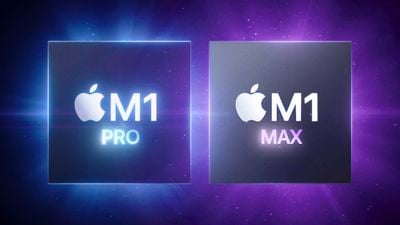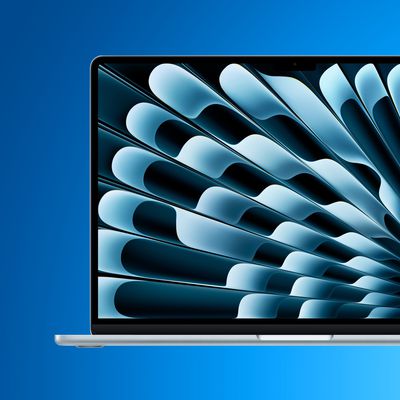We've heard Apple's overview of the the M1 Pro and M1 Max Apple silicon chips and we've seen benchmarks of the CPU and GPUs, but AnandTech has done a technical deep dive into the capabilities of the new chips that's well worth reading for those who are interested in learning more.

According to AnandTech, the M1 Pro is a new implementation of the M1 chip, but designed "from the ground up" to offer more performance. AnandTech says that this is the more interesting of the two chip designs because it offers "mostly everything that power users will deem generationally important in terms of upgrades."
The CPU cores clock up to 3228MHz peak, however vary in frequency depending on how many cores are active within a cluster, clocking down to 3132 at 2, and 3036 MHz at 3 and 4 cores active. I say "per cluster", because the 8 performance cores in the M1 Pro and M1 Max are indeed consisting of two 4-core clusters, both with their own 12MB L2 caches, and each being able to clock their CPUs independently from each other, so it's actually possible to have four active cores in one cluster at 3036MHz and one active core in the other cluster running at 3.23GHz.
The higher-end M1 Max is identical to the M1 Pro, with the exception of the GPU and the media encoders.
The GPU and memory interfaces of the chip are by far the most differentiated aspects of the chip, instead of a 16-core GPU, Apple doubles things up to a 32-core unit. On the M1 Max which we tested for today, the GPU is running at up to 1296MHz - quite fast for what we consider mobile IP, but still significantly slower than what we've seen from the conventional PC and console space where GPUs now can run up to around 2.5GHz.
AnandTech's M1 Pro and M1 Max overview goes into much more depth about the unified memory, the power behavior, and CPU and GPU performance. All in all, AnandTech says that these new chips "truly feel like SoCs that have been made with power users in mind," and performance metrics have been boosted "in all vectors."
The chips here aren't only able to outclass any competitor laptop design, but also competes against the best desktop systems out there, you'd have to bring out server-class hardware to get ahead of the M1 Max – it's just generally absurd.
The site was expecting significant boosts in performance, but "didn't expect some of the monstrous increases that the new chips are able to achieve." The chips outclass any competing laptop design, and also rival the best desktop systems available.

















